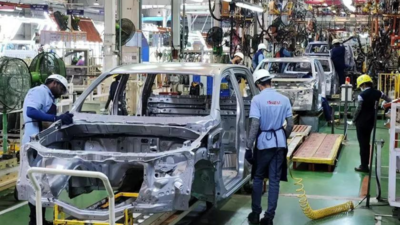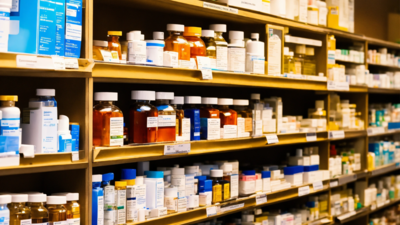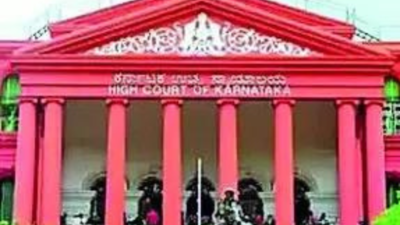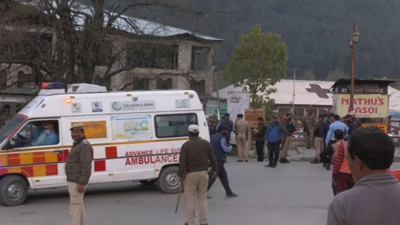Pahalgam terror attack: Pakistan launches emergency measures to secure medicine supplies after trade suspension with India
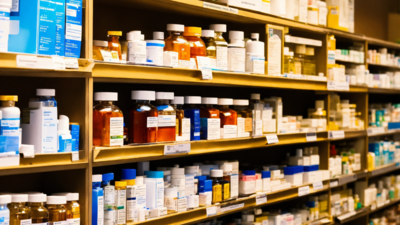
Pakistani health authorities have initiated emergency measures to secure pharmaceutical supplies following the suspension of trade ties with India, Geo News reported on Saturday.
The move comes after Islamabad on Thursday suspended all trade with New Delhi in response to India’s decision to suspend the Indus Waters Treaty following the Pahalgam terrorist attack.
The Drug Regulatory Authority of Pakistan (DRAP) confirmed that although no formal notification has been issued regarding the ban’s impact on the pharmaceutical sector, contingency plans are already in place.
“Following the 2019 crisis, we had started preparing for such contingencies. We are now actively looking at alternative avenues to meet our pharmaceutical needs,” a senior DRAP official was quoted as saying.
Pakistan currently relies on India for 30 per cent to 40 per cent of its pharmaceutical raw materials, including Active Pharmaceutical Ingredients (APIs) and advanced therapeutic products. To avoid disruptions, DRAP is exploring alternative sources in China, Russia, and several European countries.
The agency is particularly focused on ensuring the availability of essential medical supplies such as anti-rabies vaccines, anti-snake venom, cancer therapies, and monoclonal antibodies.
Despite DRAP’s preparedness, health experts have warned that a shortage of vital medicines could occur if immediate steps are not taken.
Meanwhile, a delegation from the Pakistan Pharmaceutical Manufacturers Association (PPMA) met officials in Islamabad on Thursday, urging the government to exempt the pharmaceutical sector from the trade ban.
“We had meetings with DRAP and Ministry of Commerce officials to discuss the suspension of trade ties. We urged them to exempt the pharmaceutical sector from the ban, as there are many life-saving products whose raw materials come exclusively from India,” said PPMA Chairman Tauqeer-ul-Haq.
The delegation also approached the special investment facilitation council (SIFC), arguing that health-related trade should be protected to safeguard patients’ lives.
